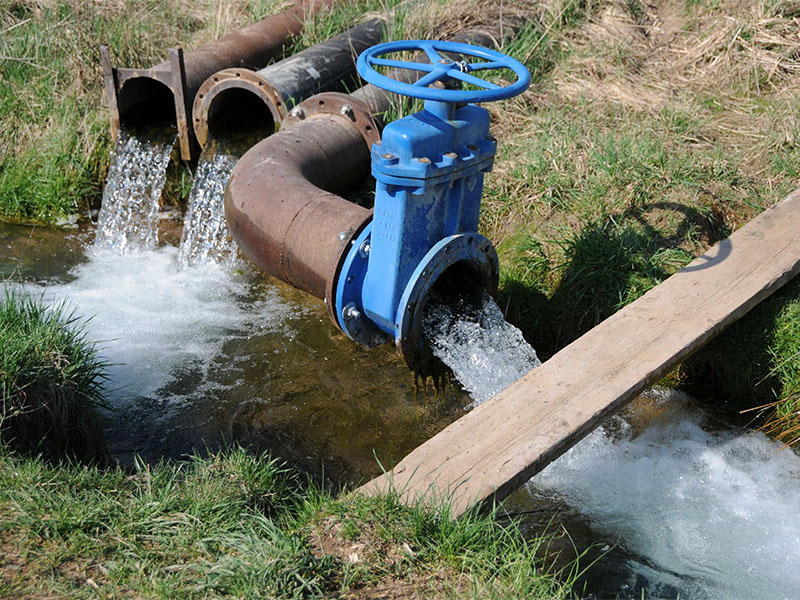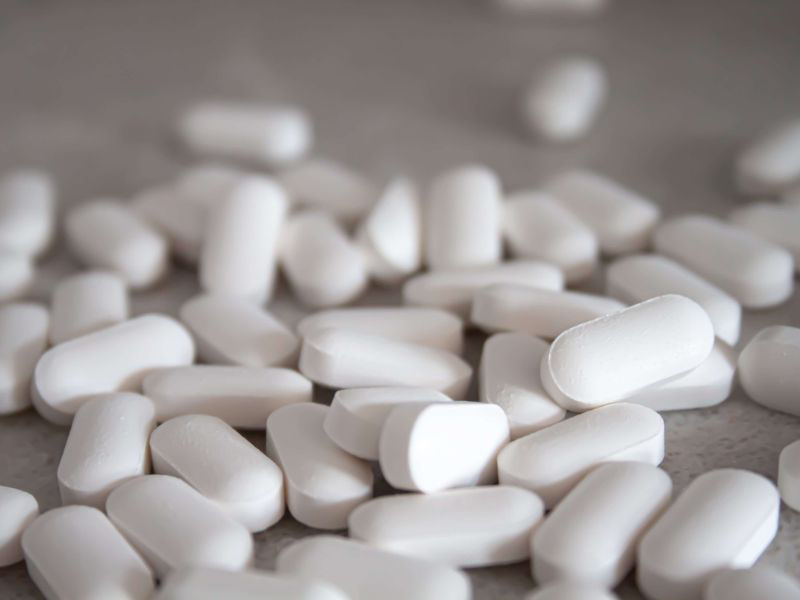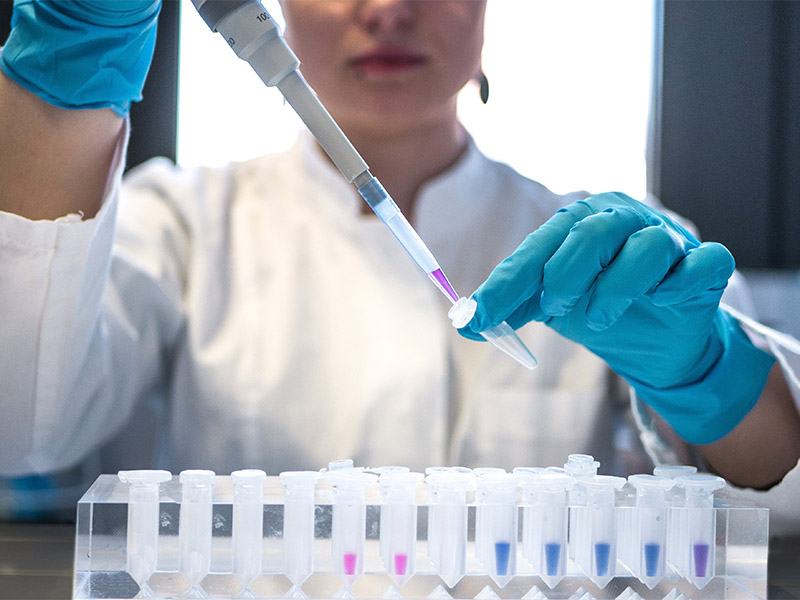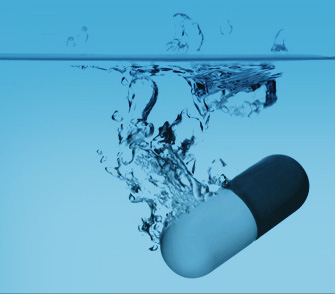Arvia Technology’s Nyex Rosalox™ water treatment system offers significant benefits in water treatment for pharmaceutical removal. Results can reduce from mg/l to literally trace levels.
The Rosalox system itself utilizes a unique combination of advanced adsorption and electro-chemical oxidation. It effectively targets and eliminates many medications and APIs, including anti-depressants like bisoprolol. The secret is the patented Nyex adsorptive media. Unlike activated carbon which degrades, Nyex actually regenerates itself as part of the treatment process.
Nyex Rosalox™ reactors have been specially developed for tertiary water processing and have no moving parts for ultimate reliability. No toxic sludge is produced, and no hazardous chemicals are involved.
Trace-level removal ensures minimal residual concentrations, considerably reducing potential risks to human health and the environment. In all, Arvia Technology’s Nyex Rosalox system offers a reliable and sustainable solution to removing pharmaceuticals from water, with remarkable results.






